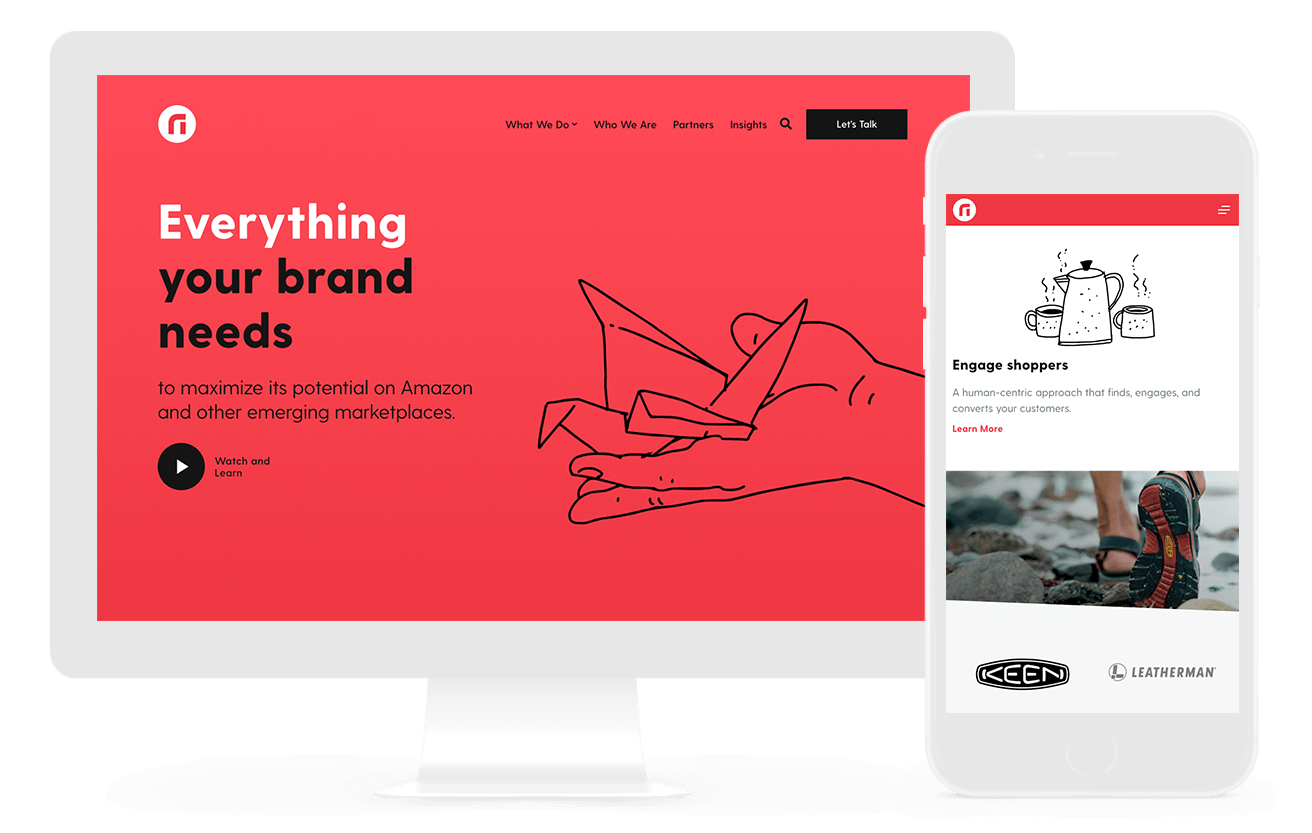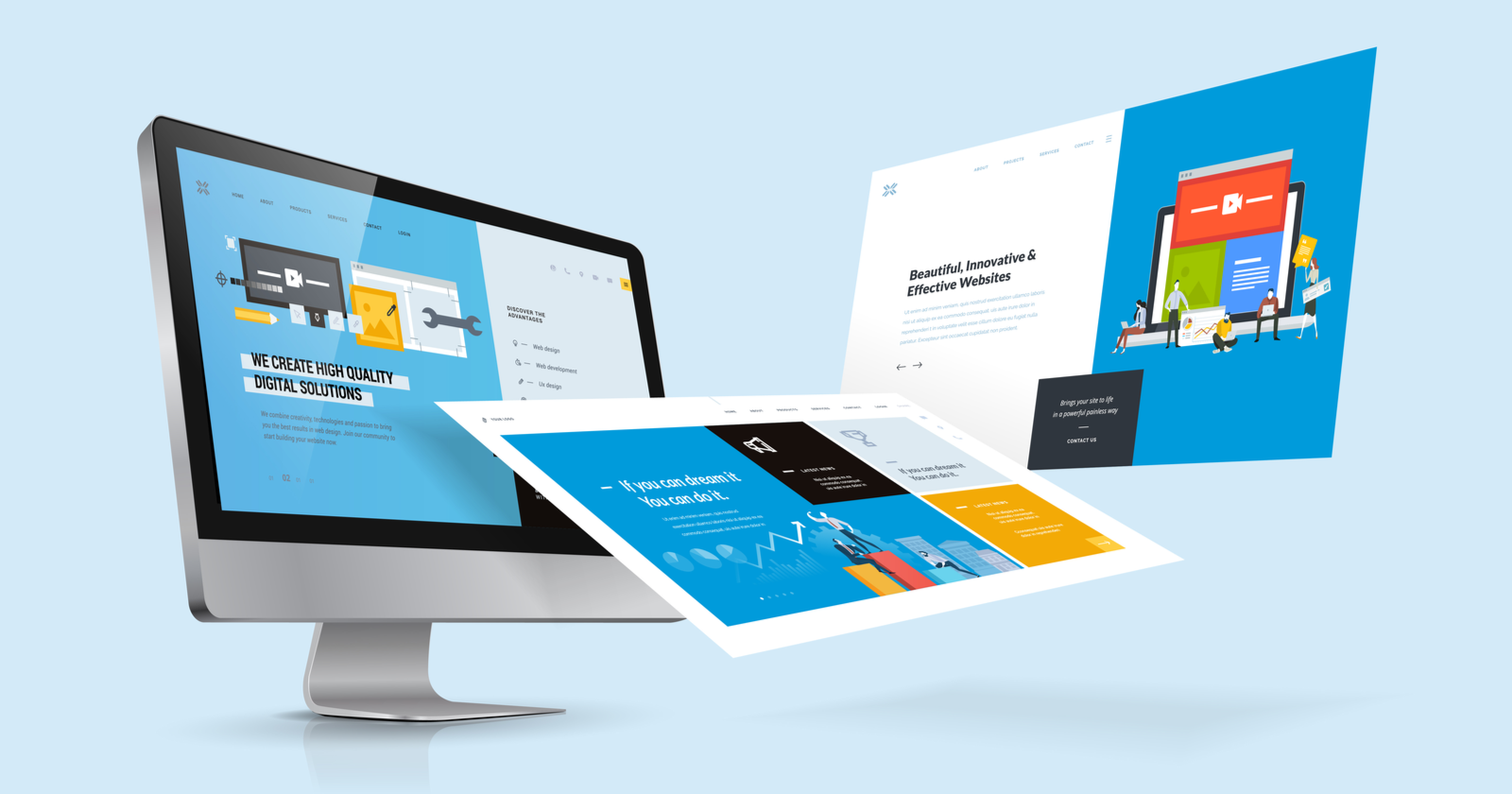All Categories
Featured
Table of Contents
- – Figma: The Collaborative Interface Design Tool...
- – Top Web Design Agencies Ranked - 2022 Reviews...
- – Indianapolis Web Design And Digital Marketing...
- – Learning Web Design: A Beginner's Guide To Ht...
- – Top Web Design Companies - Find Web Designers...
- – Web Design Tutorials By Envato Tuts+ Tips and...
- – Top Web Design Companies - Find Web Designer...
- – Web Design Services By Freelance Website Des...
- – Learn Web Design With Online Courses, Classe...
- – Web Design Services + Website Development A...
- – Penner Home - Durham Web Design - Penner We...
- – Web Designer News - The Best Curated News F...
- – Top Web Design Agencies Ranked - 2022 Revie...
Figma: The Collaborative Interface Design Tool. Tips and Tricks:
Desktop apps need designers to create their design and send it to an advancement group who can then transform the design to code. Usually, this is the standard for large and/or complicated websites because it permits the designer to focus on the total appearance and feel, while all the technical obstacles are moved to the development group
Top Web Design Agencies Ranked - 2022 Reviews - Clutch.co Tips and Tricks:
Remarkable designs can interact a lot of details in simply a couple of seconds. This is made possible with the use of effective images and icons. A fast Google search for stock images and icons will generate thousands of choices.
Indianapolis Web Design And Digital Marketing Agency Tips and Tricks:
Your website visitors have numerous ways of communicating with your website depending on their device (scrolling, clicking, typing, etc). The best site styles simplify these interactions to give the user the sense that they are in control. Here are a couple of examples: Never auto-play audio or videos, Never highlight text unless its clickable Ensure all types are mobile-friendlyAvoid pop ups Prevent scroll-jacking There are tons of web animation methods that can assist your style grab visitor's attention, and allow your visitors to engage with your website by offering feedback.
Learning Web Design: A Beginner's Guide To Html, Css ... Tips and Tricks:
Your users ought to have the ability to easily browse through your site without coming across any structural issues. If users are getting lost while attempting to browse through your site, chances are "spiders" are too. A crawler (or bot) is an automatic program that explores your website and can determine its functionality.
Top Web Design Companies - Find Web Designers Here Tips and Tricks:
Responsive, Understanding the benefits and drawbacks of adaptive and responsive sites will help you determine which website home builder will work best for your site style needs. You may stumble upon posts online that talk about an entire lot of various site design styles (repaired, static, fluid, etc). In today's mobile-centric world, there are only 2 site styles to utilize to correctly create a website: adaptive and responsive.
Web Design Tutorials By Envato Tuts+ Tips and Tricks:

a header) is 25% of its container, that component will remain at 25% no matter the modification in screen size. Responsive sites can also use breakpoints to create a customized take a look at every screen size, however unlike adaptive sites that adjust only when they hit a breakpoint, responsive websites are constantly changing according to the screen size.(image credit: UX Alpaca)Great experience at every screen size, no matter the device type, Responsive site builders are normally rigid which makes the design hard to "break"Lots of readily available design templates to begin from, Needs extensive design and screening to ensure quality (when beginning from scratch)Without accessing the code, customized styles can be difficult, It is very important to note that website home builders can include both adaptive and responsive features.
Top Web Design Companies - Find Web Designers Here Tips and Tricks:
Wix has actually been around considering that 2006 and has because developed a vast array of features and design templates to fit almost every company need. Today, it's considered one of the most convenient tools for newbies. Although it's tough to select a winner in this classification, here are few things to remember: If you're searching for the most customizable experience, pick Page, Cloud.
Web Design Services By Freelance Website Designers - Fiverr Tips and Tricks:
, come into play. Here are some of the pros and cons to think about when looking to embrace one of these tools: Capability to create custom responsive sites without having to write code Unmatched control over every aspect on the page Capability to export code to host elsewhere Complex tools with steep learning curves Slower style procedure than adaptive website contractors, E-commerce sites are an important part of website style.
Learn Web Design With Online Courses, Classes, & Lessons Tips and Tricks:

The fundamental 5 aspects of web style, Best resources to find out web style at house, What is web design? You need to keep your style simple, tidy and available, and at the exact same time, use grid-based designs to keep design items arranged and organized, thus developing a terrific overall design. Web style online courses.
Web Design Services + Website Development Agency Tips and Tricks:
, The web design track style Tree, House offers 43 uses of video and interactive lessons on HTML, CSS, layouts, designs other web design basicsStyle
Penner Home - Durham Web Design - Penner Web Design ... Tips and Tricks:
Reliable website design brings a few various components together to promote conversions. These include: Engaging use of negative area Clearly presented options for the user(the less options the user has, the less likely they are to end up being overwhelmed and baffled)Apparent, clear calls to action Limited distractions and a well thought out user journey (ie.
Web Designer News - The Best Curated News For Designers Tips and Tricks:
Here are some examples: Clear calls to action are fantastic web style; dirty ones are bad web design. High contrast fonts are clever, reliable web design; low contrast fonts that are difficult to read are poor web design. Non-responsive design.
Top Web Design Agencies Ranked - 2022 Reviews - Clutch.co Tips and Tricks:
On a platform like 99designs you can host a style contestby providing a brief and short designers submit designs send on your specifications. Your web style could cost a few hundred to 10s of thousands of dollars, depending on its complexity. The more details they have, the more equipped they are to provide the best web style for you.
Learn more about Lovell Media Group LLC or TrainACETable of Contents
- – Figma: The Collaborative Interface Design Tool...
- – Top Web Design Agencies Ranked - 2022 Reviews...
- – Indianapolis Web Design And Digital Marketing...
- – Learning Web Design: A Beginner's Guide To Ht...
- – Top Web Design Companies - Find Web Designers...
- – Web Design Tutorials By Envato Tuts+ Tips and...
- – Top Web Design Companies - Find Web Designer...
- – Web Design Services By Freelance Website Des...
- – Learn Web Design With Online Courses, Classe...
- – Web Design Services + Website Development A...
- – Penner Home - Durham Web Design - Penner We...
- – Web Designer News - The Best Curated News F...
- – Top Web Design Agencies Ranked - 2022 Revie...
Latest Posts
Top Web Design Courses Online - Updated [April 2022] - Udemy Tips and Tricks:
Web Design - Website Design Tutorials, Articles And Free Stuff Tips and Tricks:
Responsive Design Best Practices - Google Search Central Tips and Tricks:
More
Latest Posts
Top Web Design Courses Online - Updated [April 2022] - Udemy Tips and Tricks:
Web Design - Website Design Tutorials, Articles And Free Stuff Tips and Tricks:
Responsive Design Best Practices - Google Search Central Tips and Tricks: